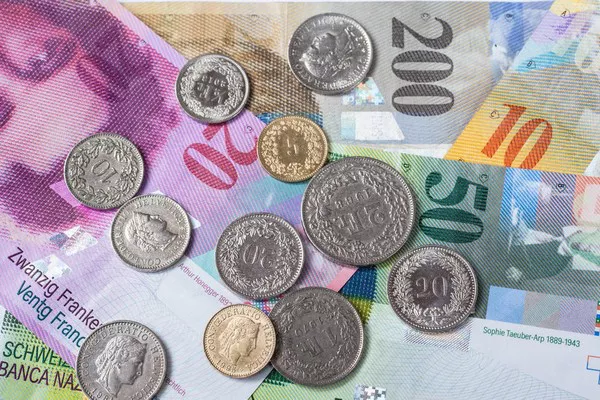Switzerland is a beautiful country known for its stunning scenery, picturesque towns, and world-class skiing resorts. It is also famous for being a hub of international finance, with some of the most prominent banks and financial institutions in the world located in Swiss cities like Geneva and Zurich. As such, it is essential to consider the best currency to take when traveling to Switzerland.
In this article, we will explore the best currency to use in Switzerland, the factors that influence currency exchange rates, and tips on how to get the most out of your travel money.
Swiss Franc (CHF)
The Swiss franc is the official currency of Switzerland and is widely accepted throughout the country. If you are traveling to Switzerland, it is highly recommended that you bring Swiss francs with you. You can easily purchase Swiss francs at foreign exchange bureaus, banks, and ATMs, both in Switzerland and overseas.
One advantage of using Swiss francs is that it is widely accepted for transactions of all sizes, whether you are buying a cup of coffee or paying for a luxurious hotel stay. Additionally, many restaurants, shops, and other businesses in Switzerland do not accept credit cards, so having cash in Swiss francs is essential.
The Swiss franc is also a stable currency and has historically been one of the safest currencies in the world. In times of economic uncertainty, the Swiss franc tends to appreciate against other currencies, making it an attractive option for investors and travelers alike.
Factors That Influence Currency Exchange Rates
Before we delve into the best ways to exchange your currency, let us first explore the factors that affect currency exchange rates. Several factors contribute to fluctuations in currency exchange rates, including:
1. Inflation: When a country experiences high levels of inflation, its currency may weaken against other currencies.
2. Interest rates: A country’s interest rates can affect its currency exchange rate. For example, if a country’s interest rates are high, its currency may appreciate against other currencies.
3. Political stability: Political instability can cause a country’s currency to weaken against other currencies.
4. Economic growth: A country’s economic growth can impact its currency exchange rate. If a country experiences strong economic growth, its currency may appreciate against other currencies.
Tips for Exchanging Currency
When exchanging your currency, there are several factors to consider to ensure that you get the best exchange rate possible:
1. Plan ahead: Exchange rates fluctuate constantly, so it is essential to plan ahead and keep an eye on fluctuations in exchange rates before your trip.
2. Avoid airport exchanges: Airport exchange rates are often unfavorable, so it is recommended that you avoid exchanging your currency at airports.
3. Use ATM machines: ATM machines offer some of the best exchange rates, so withdrawing cash from ATMs can be a great way to get the most out of your travel money.
4. Consider fees: Some banks and foreign exchange bureaus charge fees for currency exchange, so it is important to compare rates and fees to find the best deal.
5. Avoid dynamic currency conversion: Dynamic currency conversion is when a merchant offers to convert your payment into your home currency, but this often comes with unfavorable exchange rates and hidden fees.
Conclusion
In conclusion, if you are traveling to Switzerland, we highly recommend that you bring Swiss francs with you. The Swiss franc is widely accepted throughout the country and is a stable currency that tends to appreciate in times of economic uncertainty. Remember to plan ahead, avoid airport exchanges, use ATM machines, and consider fees when exchanging your currency to get the best exchange rate possible. With these tips in mind, you can make the most of your travel money and enjoy all that Switzerland has to offer!


